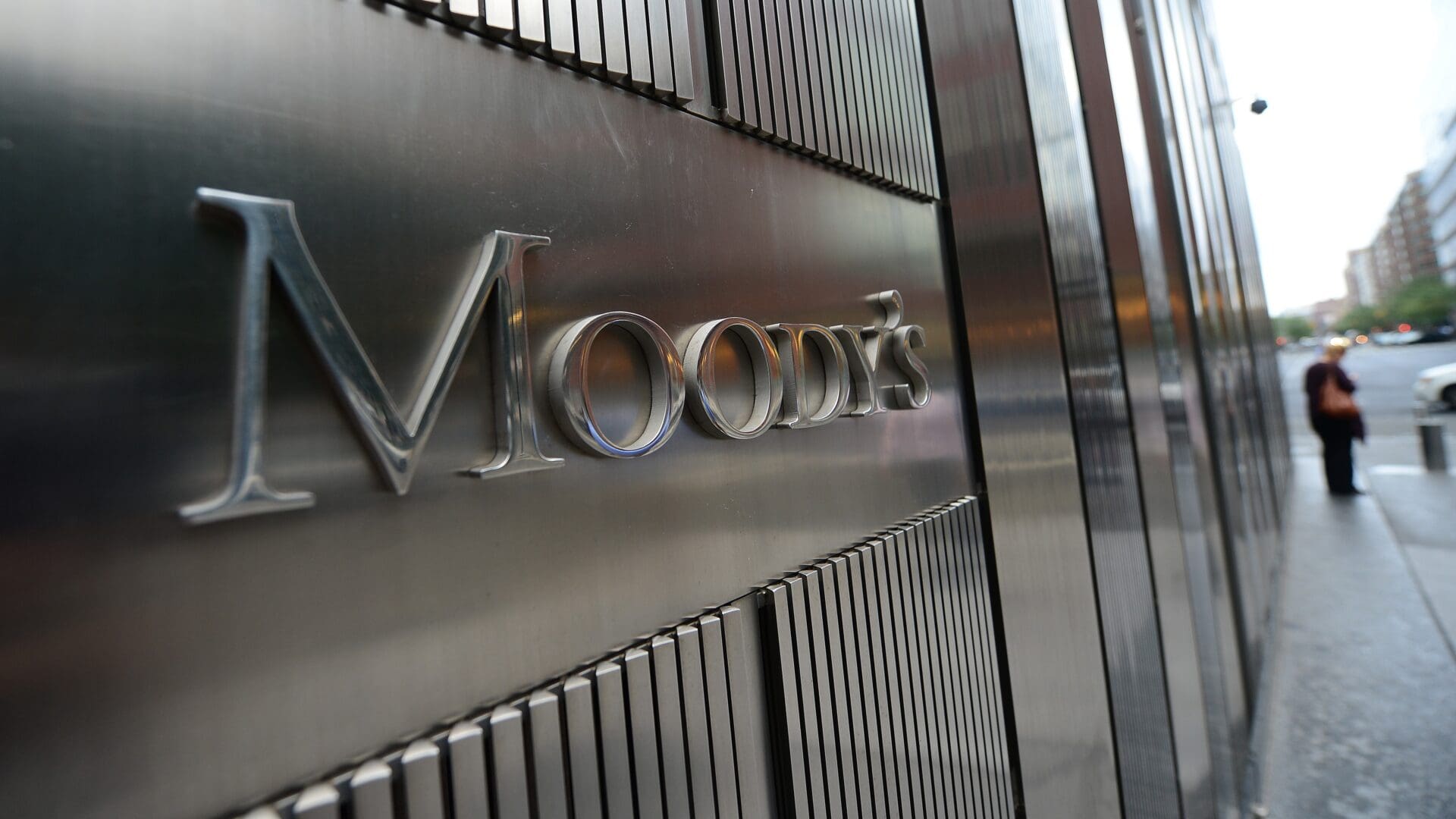Moody’s has affirmed Hungary’s credit rating at Baa2. The international credit rating agency evaluated Hungary’s current economic situation on Friday evening. As a result, Hungary’s credit rating remains unchanged, and the outlook remains stable. The Ministry of Innovation and Technology summarized the report by stating that the Hungarian economy is holding its ground, while the Ministry of Finance emphasized that high-speed growth is expected to return next year.
Regarding Hungary’s strengths, the analysis begins by highlighting that medium-term growth prospects are strong, resulting from the combination of labour and product market factors. Hungary boasts one of the highest labour productivity levels in the European Union and has one of the lowest corporate tax rates and highest integration into European production networks among EU countries. These factors enhance the country’s attractiveness to companies, including foreign firms. In fact, Hungary has attracted €8.1 billion in foreign direct investment in the first half of this year, exceeding the record-high figures from last year. However, the analysis also adds that according to Eurostat data, Hungary’s working-age population may decrease by eight per cent between 2023 and 2040, which is less favourable than the EU average of 6.5 per cent.
The report also points out that Hungary has the highest proportion of government investments in the European Union, while the share of GDP in investments is the third highest in the EU. The budgetary position is also robust according to Moody’s, with a moderately high debt burden and relatively strong debt-servicing capacity.
On the other hand, the analysis also underscores that the greatest challenge arises from uncertainty regarding EU funding.
Moody’s has also confirmed the long-term rating of the National Bank of Hungary at Baa2. Therefore, the rating and outlook align with the government’s expectations. The rating was previously also Baa2 with a stable outlook, so there is no change in the assessment of the Hungarian economy.
The credit rating agency expects a three per cent economic growth in Hungary next year, supported by strong exports, a high investment rate, and rising real wages. Moody’s positively assesses the government’s commitment to reducing the budget deficit and state debt while highlighting that the GDP-to-debt ratio can sustainably be reduced.
While the report considers Hungary’s energy dependence a risk, it also emphasizes that
significant improvement has been achieved in this area compared to the previous year,
reflecting positively in the balance of payments.
Moody’s anticipates that the budget deficit in Hungary will decrease to 4.2 per cent of GDP in 2023 from 6.2 per cent in 2022, and then further to 3.5 per cent in 2024. This is attributed to increased inflation and strong revenue growth resulting from tax measures, which offset the growth in budgetary expenditures.
Hungary’s financing costs have increased due to the response of monetary policy to rising inflation. The harmonized inflation rate peaked in January and decreased to 17.5 per cent year-on-year in July. Moody’s forecasts a further moderation of inflation by the end of this year, and, like the government, expects it to remain in single digits in 2023.
In addition to the points mentioned earlier, the Ministry of Finance highlighted that Hungary has experienced a series of credit downgrades since 2006 due to the economic failures of left-wing governance. ‘As a result of the successful economic policies of the civic government, several credit upgrades have occurred since 2016/2017. Currently, all three major credit rating agencies rate our country two notches higher than at the beginning of the last decade,’ the Ministry of Finance stated.
The Ministry of Innovation and Technology reminded that Hungary’s economy is robust, demonstrating resilience against consecutive crises and a series of economic shocks over the years. ‘This is confirmed by Moody’s report: the government’s measures are working effectively, resulting in unwavering international investor and market confidence.’ Minister Márton Nagy also emphasized that neither the prolonged war nor the harmful and misguided Brussels sanctions, nor the EU funds withheld by Brussels bureaucrats for political reasons, have been able to break this stable and favourable rating.
According to the ministry, this is well reflected in the fact that this year, both Eximbank and the Hungarian Development Bank successfully attracted significant funding, and foreign direct investment continues to flow steadily into the country.
Márton Nagy remarked that the Hungarian economy remains strong, having grown by 4.6 per cent last year amid the war and sanctions-induced energy crisis, making it the sixth-highest growth rate in the post-transition period. ‘Thanks to this, Hungary’s convergence with the EU has not only continued but increased by 2.3 percentage points compared to the EU average, surpassing Portugal and Greece in EU comparisons,’ he said, adding: ‘The main goal of the government this year is to shield the country from recession, reduce inflation to a single digit, achieve real wage growth as soon as possible, and thereby restore growth through increased consumption. Following the less favourable performance in the first half of the year, thanks to government measures, including the Baross Gábor New Industrialization Credit Programme and the Széchenyi Card Programme, the economy is expected to rebound quickly, potentially achieving a dynamic 4 per cent GDP growth rate in 2024.’
Related articles:








